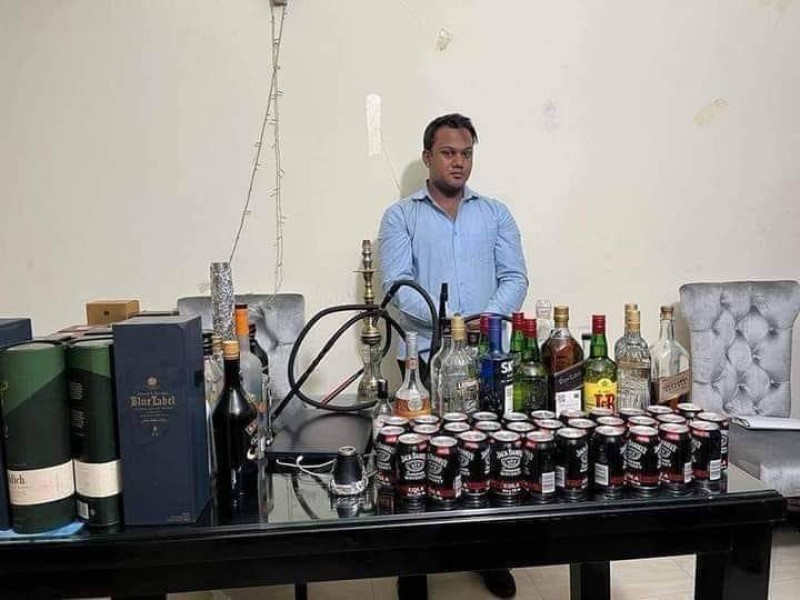Nafiz Mohammed Alam was one of the rare survivors of the police unit’s torture who spoke about the beating and waterboarding in the windowless cells at the headquarters of RAB. Human rights groups fear that Alam’s arrest was an act of retaliation.
“The arrest of whistle-blower Nafiz Mohammad Alam within hours of the release of an investigative report about RAB abuses, including his allegations of torture at RAB's hands, is profoundly disturbing and raises serious concerns about his safety,” Phil Robertson, the deputy director of Human Rights Watch's Asia, told VOA.
Although Alam was picked up days after the release of the Deutsche Welle documentary “Inside Bangladesh’s Death Squad,” the Dhaka Metropolitan Police claimed in a statement that his detention has nothing to do with the film.
“When we arrested him on Sunday, we found that he had illegally stocked alcohol at home, so we are going to file another suit against him,” said the police statement.
Alam was a suspect in the murder of 14-year-old Adnan Kabir in 2017, and when the RAB arrested him the same year, they seized several bottles of liquor and a motorcycle from his house. He was released but then arrested again in 2021 by RAB for possession of bottles of alcohol, for which in Bangladesh one needs a permit to consume and a license to sell.
In the documentary, he claimed that police had planted the bottles in his room.
Naomi Conrad and Birgitta Schülke were part of the DW investigative team that exposed the RAB's actions. They interviewed Alam, and his story was the center of their investigation.
"We wanted to talk to Alam because we knew he had spent time in RAB's secret detention facilities, which was something our whistleblowers had talked about. And it was important to us to corroborate their accounts with other sources, including his testimony," Conrad told DW.
"When we met with him, we talked about his security and also the risks of going on the record. He was still adamant to do so, despite the risks," added Schülke.
The investigative team showed concern for Alam's safety.
"He was well aware that something like this might happen and had taken some precautions — but sadly, the security forces seem bent on silencing our interview partners. We are very worried about his safety," Schülke said.



